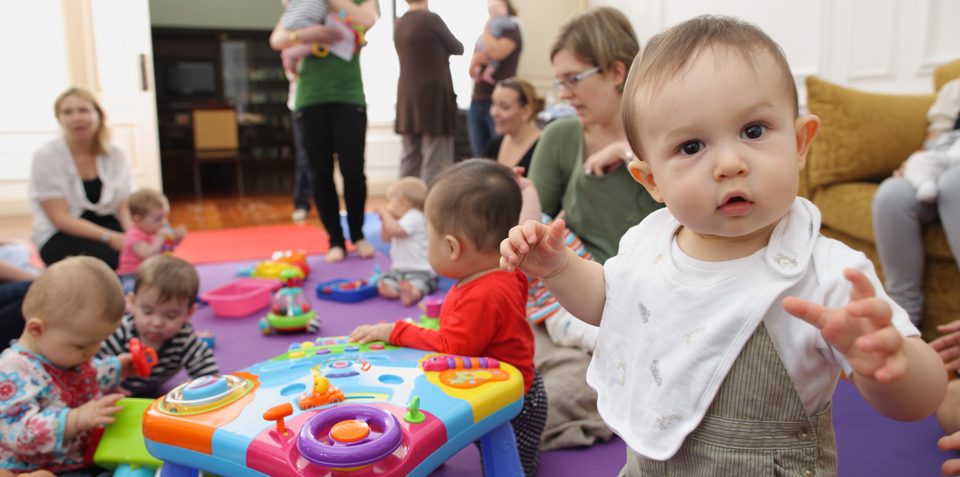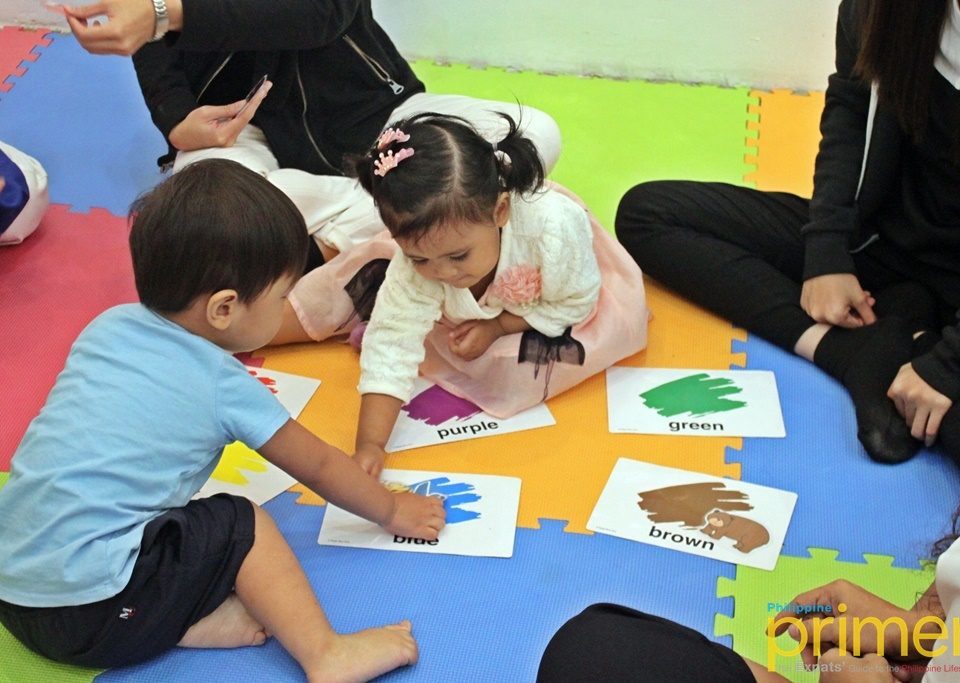Children with Language Difficulties

R sounds
November 3, 2017
Anxiety of the parents: when it’s time for their children to go to school
February 1, 2018Many toddlers are slow to talk or speak in garbled words. Here’s how to handle some of these language challenges.
2 year-olds come a long way where speech is concerned. But, with rare exceptions, their pronunciation is not crystal clear. Garbled words and difficulty making certain sounds, such as th, w, and s, are common among toddlers and even many preschoolers. Most of this will disappear on its own without requiring any intervention from you. Avoid correcting your child or having her practice the sound. It’s certainly not productive to make her feel self-conscious about the way she speaks.
Many parents also worry over delayed speech. If you suspect your child has a problem, consult a Speech & Language Pathologist to be addressed right away so that appropriate therapy can be started. The possible causes for delayed speech are many and wide ranging
- The most common is temporary hearing loss due to repeated ear infections.
- Cognitive (intellectual, thinking) or other developmental delays
- Weak oral muscles
- Birth defects such as cleft lip or cleft palate
- Autism Spectrum Disorder
- Articulation problems
- Fluency disorders
- Attention problems
- Feeding and swallowing disorders
- Traumatic brain injury
Some slow-to-talk kids may progress if parents spend time conversing with them often during the day. Others may need medical help. Children are intelligent but may need intensive language therapy to correct the problem.
Stuttering is another problem that can surface between the ages of 2 and 4 years. This repetition of sounds, syllables, words, or phrases affects about 1 out of 20 preschoolers and is three times more common in boys than in girls. Usually, the problem is a temporary one, the result of the mind’s racing faster than the child can form words, and goes away on its own in a few months.
Don’t correct a child’s stammering or difficulty in forming words; some experts believe that doing so repeatedly will only make a child tense and exacerbate the problem. Insecurity fuels stuttering. If your child has a stammer, praise him for all the activities that he’s good at, and don’t draw attention to his speech. Don’t use labels, and above all, avoid showing-by words or your facial expression — that you’re worried about the problem. Also, DONOT ignore your child’s stutter, consult Speech & Language Specialist for guidance.
Problems with language can arise when children grow up in homes where there is little conversation between parents and among parents and children. A child’s resulting inability to use words to express herself can affect her performance in school, especially in writing.
Always seek the direct advice from team of professional at Listening Ears, in connection with any questions or issues you may have regarding your child’s health.




